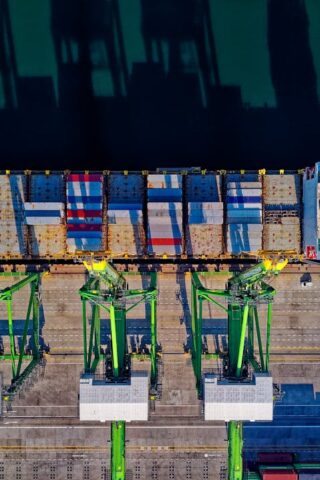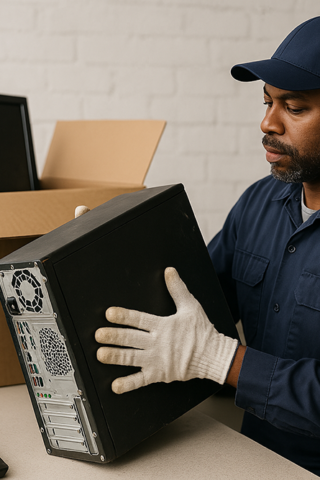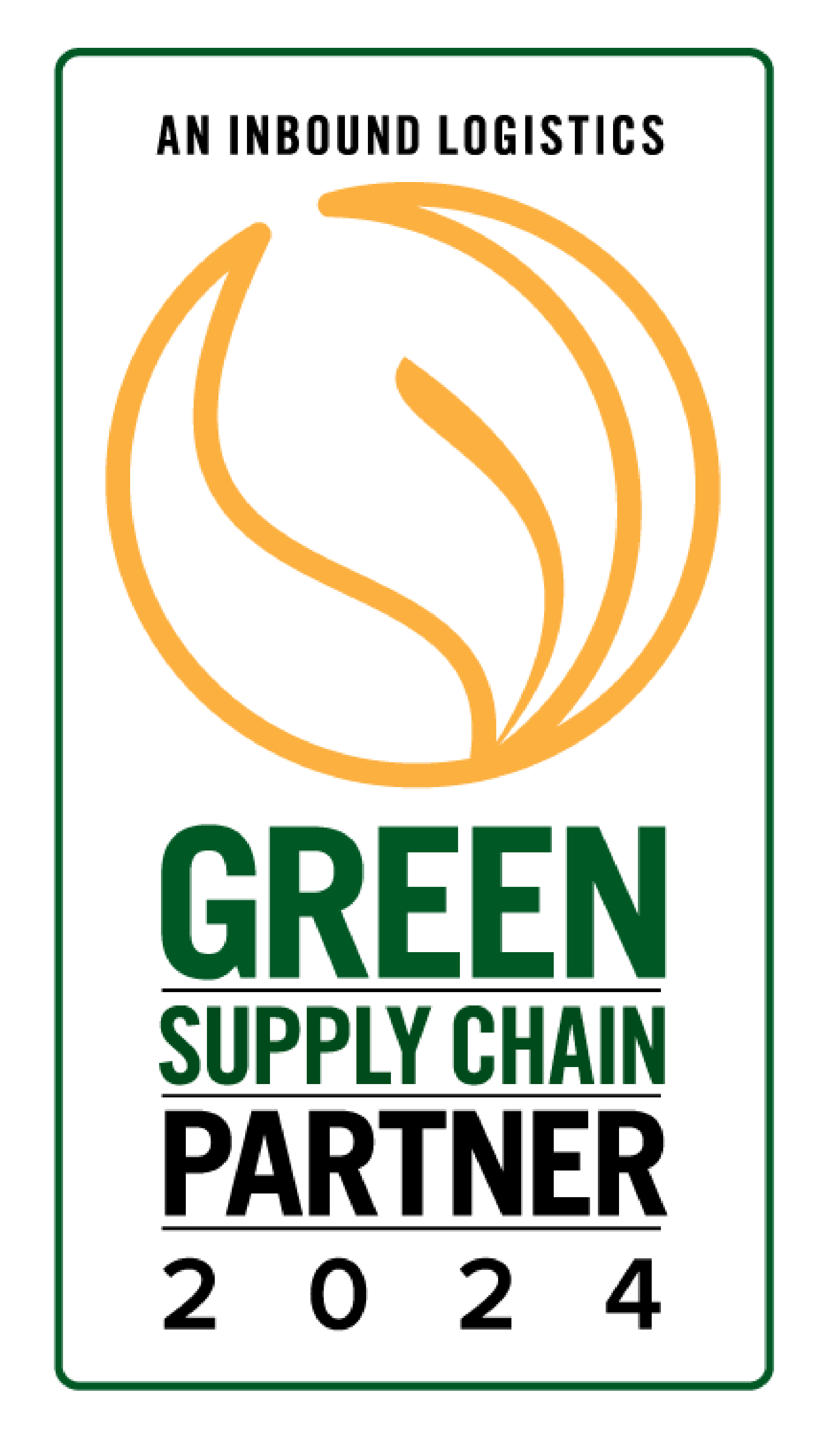The Web Writer Spotlight, By John Williams | ![]() Jul 27, 2021 | Sales manager, Trademo. WWS contributor
Jul 27, 2021 | Sales manager, Trademo. WWS contributor ![]()

Since time immemorial, businesses have always focused on increasing their profitability levels. This has led to the development of supply chains that although quite organized and streamlined, the entire process does not always provide a solution to the overuse of natural resources.
So, it comes as no surprise that almost two centuries down the road, this race for profits and lucrativeness has led to the depletion of many environmental resources, thanks to mechanized processes, industrialization, and advancements in technology.
For businesses to function in an eco-friendly manner and protect the natural environment and its limited resources for future generations, it’s become critical for companies and brands to reduce their carbon footprint and adopt more sustainable practices.
While many companies are already taking the necessary steps to do so, the ones that haven’t must follow suit to strike a good balance between the economic, social, and environmental implications of doing business.
One key way area that helps and will make the last mile eco-friendly is to embrace sustainable logistics.
Greener Logistics Management
Logistics management is an integral part of the supply chain. The primary purpose of logistics is to plan and optimize inventory management processes, order processing and packaging warehousing, transportation, material sourcing and procurement, and customer services.
All this has to be achieved with maximum customer satisfaction and minimum cost. We see a pretty evident problem here: The implications of these processes in the environment are often not taken into consideration at all.
As a solution, the concept of ‘green logistics management’ is being adopted by businesses globally. The term is pretty self-explanatory. It is the eco-efficient management of the flow of products to minimize environmental effects such as climate change, air pollution, and depletion of resources.
Since the world is striving to preserve the natural environment and undo harms caused to natural ecosystems and resources, companies with efficient, sustainable, and environment-friendly strategies are the ones that will succeed going forward.
Green Logistics Management Benefits
There are many benefits business stand to gain by embracing green logistics management, including:
Reduced Transport Costs
An eco-friendly transport and distribution system is at the heart of any sustainable supply chain management. The growth of trucking and other freight containers have caused severe air quality degradation and other environmental complications in urban areas.
The most common misconception is that reorganizing this section of logistics management would be a severe blow to businesses’ profitability. What if we tell you that green logistic strategies can significantly cut down on a business’s transportation costs? That’s exactly what can happen.
For example, the shipment of manufactured goods is highly dependent on transportation by air or trucks. You would not be surprised to learn that both of these are the most expensive and least environmentally friendly transportation options.
Choosing shipping and railway transportation is a more sustainable option that will lower both transport costs and your company’s carbon footprint. This, in turn, would make it easier for your business to achieve more efficiency and maintain good customer relationships.
Reduced freight movements and better distribution strategies will result in reduced costs, better utilization of limited resources, more eco-friendly operations that customer now appreciate, thus leading to more profits.
More Market Opportunities in Reverse Distribution
The restoration and protection of environmental resources and natural ecosystems has opened up new markets and opportunities in the sector of reverse logistics, which is essentially the opposite of the standard supply chain.
According to The Council of Logistics Management, reverse logistics is the process of implementing, controlling, and planning the cost-effective flow of finished goods, raw materials, and in-process inventory. The goods move from the end user back to the seller. An example of reverse logistics is: Return of goods by customers.
This sector involves the minimization of wastages, low-carbon emissions transportation, recycling and proper disposal of waste, and eco-friendly management of products produced by industries.
In order to meet international standards of sustainability and environment-friendly practices, companies and organizations now require the services of players in the reverse logistics sector.
You can find players across all industries who provide the necessary essential services to help companies implement eco-friendly policies and zero-carbon emissions for both forward and reverse supply chain management. This all leads to a more vibrant, modern, and sustainable business landscape.
The Long Term Effects of Sustainable Logistics Management
In the past, environmental concerns were not a significant factor that determined the operations of businesses. However, today, particularly in the last few decades, companies and governments worldwide have been forced to focus on building more ecofriendly practices because of now evident harms of environmental degradation.
In order for your business to meet the current challenges and thrive in an eco-friendly environment, it is high time that you embrace sustainable business practices, including sustainable logistics to make the last mile eco-friendly.








